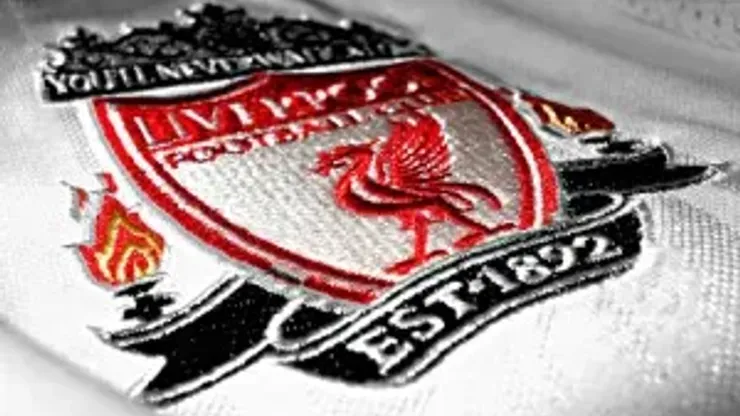Every neighborhood has one of “those” houses. From the sidewalk, it is gorgeous – an old Victorian with plenty of historic, quirky charm. Many people have houses, but this is home. As you get closer, you notice that the porch seems a little worn, but nothing that a good coating of paint won’t solve. When you walk inside, you notice the hardwood floor is creaky, and you are trying to decide whether that adds to the charm or would drive you nuts. You walk into the kitchen, and you go a little slack-jawed. The sink has separate faucets for the hot and cold water like in the 1940s. The counter has tiles missing. The two burner stove and teeny oven look like a fire trap. There is only one bathroom upstairs, and it is a biohazard. Your contractor buddy who came with you reports that there are big cracks in the foundation, the basement has a ton of water damage and the furnace looks like it could explode at any moment. As you walk out the front door, you turn to your friend and ask, “Who on earth would buy this house?”
As Liverpool owners Tom Hicks and George Gillett try to find a buyer for Liverpool Football Club, many of the potential purchasers are probably asking themselves the same question. Hicks and Gillett have turned to Barclays to find a buyer in the £500 million range, which would include paying off £240 million of debt. The question is what would a buyer get for £500 million?
On the upside, you get one of the best brands in all of sports, one that commands a world-wide following, and a group of passionate, dedicated fans. These fans, who sing songs about players long dead, weep at the mention of victims of Hillsborough and will follow their team up to and through the gates of hell, are a very valuable asset.
However, the downsides are enormous. Anfield has plenty of history and charm, but it is difficult to monetize history and charm. What Anfield really needs is another 25,000 seats and all the modern amenities that draw corporate clients and gives normal fans an opportunity to drop another £30 each game. To build another stadium will cost the new owner another £350-400 million or so.
However, if you are going to lay out that kind of quid, the fans will demand a quality team. And let’s face it, those wonderful singing, crying fans are a pain in the neck. Over the past six years, Liverpool under the direction of Rafa Benitez, has more net expenditures in the transfer market than any team other than Chelsea and Man City, where money has no meaning. Rafa has spent in the transfer market like a drunken sailor at a Hong Kong brothel, and still the fans march and protest and scream that more needs to be spent. With a porous back line and the top players eyeing the emergency exit door, without a serious spending spree in the transfer market, this team will get worse before it gets better.
At this point, any prospective owner is looking at spending almost £1 billion to turn Liverpool FC into a modern, title contending team. For that owner, the first £1 billion of income would just go to making him whole. That owner will not see a return on his investment until sometime between a long time from now and never.
Which begs a larger question. Hicks and Gillett are not a couple of hayseeds who won the lottery and decided to buy Liverpool. They are seasoned, experienced sports owners. They are well entrenched in the sports industry and understood the financing and brand management of owning a team. If they could not make a go of owning Liverpool, and instead became the bane of the fans’ existence, what makes someone else think they could do better? The hard truth is a new owner who cares about money would be hard pressed to improve on Hicks and Gillett’s experience at Liverpool.
Given that reality, the universe of potential Liverpool owners has shrunk to those who do not care about money – oil sheiks, Russian kelptocrats, Chinese industrialists, and others who look at owning a team as a diversion rather than an investment. Those people exist, but there are a lot fewer of them compared to a couple of years ago before the global economic meltdown.
Unless Barclays can entice one of these ultra-rich types that Liverpool is a luxury good that they need to have, Hicks and Gillett will be hard pressed to find a buyer. In the meantime, the club could be entering a period of stagnation. As they wait for a buyer that may or may not come, fans should expect transfer spending to be slight and results to disappoint.
Instead, the team will come more and more to resemble that Victorian house that has been on the market too long. It will still retain some charm, but the weeds will start to grow in the front lawn as that “For Sale” sign becomes just another neighborhood fixture. The longer it stays on the market, the fewer buyers will be interested. Every house has its buyer, but it could be a long wait until this property changes hands.
200+ Channels With Sports & News
- Starting price: $33/mo. for fubo Latino Package
- Watch Premier League, Women’s World Cup, Euro 2024 & Gold Cup
The New Home of MLS
- Price: $14.99/mo. for MLS Season Pass
- Watch every MLS game including playoffs & Leagues Cup
Many Sports & ESPN Originals
- Price: $10.99/mo. (or get ESPN+, Hulu & Disney+ for $14.99/mo.)
- Features Bundesliga, LaLiga, Championship, & FA Cup
2,000+ soccer games per year
- Price: $5.99/mo
- Features Champions League, Serie A, Europa League & Brasileirāo
175 Premier League Games & PL TV
- Starting price: $5.99/mo. for Peacock Premium
- Watch 175 exclusive EPL games per season






